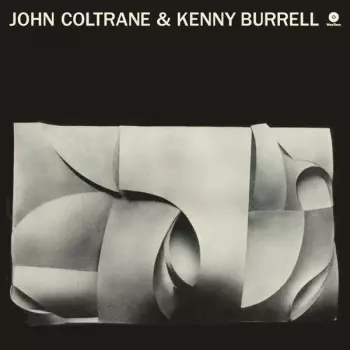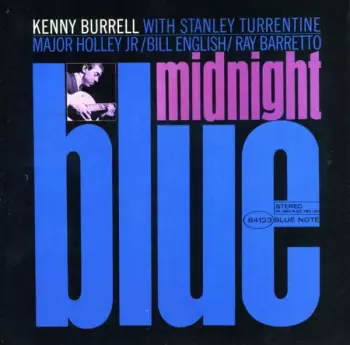LP John Coltrane: Coltrane LTD
Mono 200g 1957 High Quality 200 Gram Vinyl Limited Edition
Analogue Productions | Prestige
8. októbra 2015
USA
Stav
Nové
Dostupnosť
Expedícia dnes
Cena
57,99 €
81,99 €
Dostupnosť
Expedícia dnes
Podrobnosti
| Názov | Coltrane LTD |
| Interpret | John Coltrane |
| Viac informácií | Mono 200g 1957 High Quality 200 Gram Vinyl Limited Edition |
| Formát | LP (vinyl) |
| Vydavateľstvo | Analogue Productions | Prestige |
| Krajina vydania | USA |
| Dátum vydania | 8. októbra 2015 |
| Prvé vydanie | 1957 |
| Hmotnosť | 230 g |
| EAN | 0753088710513 |
| ID produktu | 425145 |
| Identifikátor Discogs | 23225129 |
| Recenzie na portáli Discogs |
4.89
|
When I wrote about John Coltrane in the back of Mating Call, I took into account his previous experiences playing with Eddie Vinson, Dizzy Gillespie, Earl Bostic, Johnny Hodges and Miles Davis. I wrote: "His employment records show that he did not appear on the scene at full strength. Rather, these are fees he has been paying for some time." This is a time of great building. Movie stars, television personalities, presidential candidates, soaps for use in washing machines; they all sell themselves to the public in the same way. With the advent of hi-fi, the LPch record boom, and the discovery of Madison Avenue "jazz," musicians are getting similar treatment. Every other month we are greeted with albums by new stars. Some of them reach the pinnacle of temporary popularity with their style and publicity, but then don't stand the test of time. John Coltrane is, in a sense, a new star, but he didn't come to it because of high pressure from press agents. He built on firmer ground. From the time he joined Miles Davis's quintet in late 1955 to his brilliant collaboration with Thelonious Monk at the Five Spot Café in the summer of 1957, Trane steadily increased his success on his instrument, gaining new admirers for his playing among fellow musicians and serious listeners alike. The very nature of his development and progress marks him not as a "star" who flies through the sky and then fades away, but as a definite addition to a select group of musicians who play an influential role because of their ability to say something valid in a new way. You may have heard Coltrane on the Prestige albums with Miles Davis, with Hank Mobley, with Sonny Rollins, on the aforementioned Mating Call with Tadd Dameron and Tenor Conclave. This is his first date as a leader, however, and in that role Trane has handpicked musicians, contributed several songs, and also written several arrangements. John Splawn, a young trumpeter from Harrisburg, Pennsylvania (he was born there on January 31, 1931), plays in four numbers in the ensemble and solos in two of them. His father, John Splawn Sr., is also a trumpeter. The elder Splawn, who still performs in the Harrisburg area, started playing for Johnnie when he was about five years old. Johnnie, who says he likes "everybody" on trumpet but "especially Brownie (Clifford Brown)," has played with Sonny Stitt, Lou Donaldson and, most recently, Bull Moose Jackson. Sahib Shihab, a saxophonist best known for his work on alto with Thelonious Monk in the 1940s and '50s and for his baritone playing with Dizzy Gillespie in the '50s, appears here on the larger horn in three selections. In two of these he is heard solo. His deep, hard-toned voice is well suited to the needs of Coltrane's arrangements and Cal Massey. Mal Waldron, currently Billie Holiday's accompanist, and Red Garland, a regular member of Miles Davis' quintet, split the piano duties. The rest of the rhythm section remains unchanged throughout the session. On bass is the impeccable Paul Chambers of Miles Davis' band and on drums is Al Heath, Percy's younger brother, from Philadelphia, where he played with some of the best local musicians. The first side opens with Cal Massey's "Bakai" (which apparently means "crying" in Arabic). Its handsome minor theme is fleshed out by Red Garland, Coltrane (who really cries) and Shihab. A quartet with Trane and Red takes care of the rest of the first side. The theme is two ballad standards, "Violet for Your Furs" and "Time Was"; the former receives a sensitive balladic treatment while the latter is performed in clear middle time. The second side opens with "Straight Street," a Coltrane composition and arrangement featuring solos by the leader, Johnnie Splawn, and Mal Waldron. Interestingly different is Coltrane's interpretation of the rarely played "While My Lady Sleeps," in which Trane is alone until Splawn joins him for the final haunting note. Trane's "Chronic Blues" is the final track and gives way to all the horns and Waldron's solo. -Ira Gitler
Album zasahuje do žánrov Jazz a Hard Bop.
Naše recenzie:
U nás nájdete všetko!
Cez
190 000
LP a
332 000
CD
v ponuke
Vernostná zľava až 5%
Pre registrovaných zákazníkov
Majte prehľad!
Najpokročilejšie sledovanie
dostupnosti a objednávok
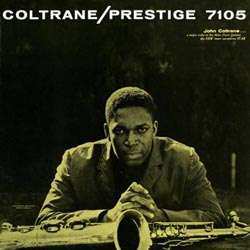
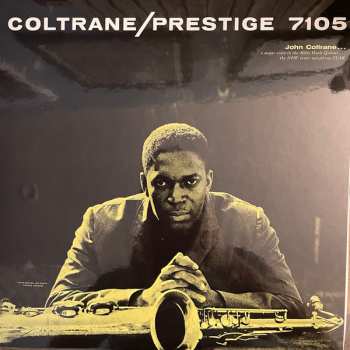
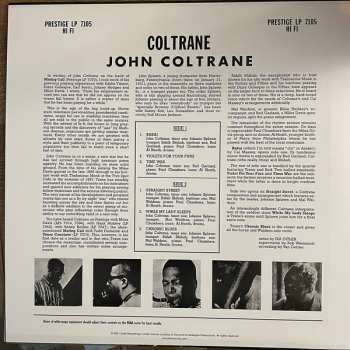
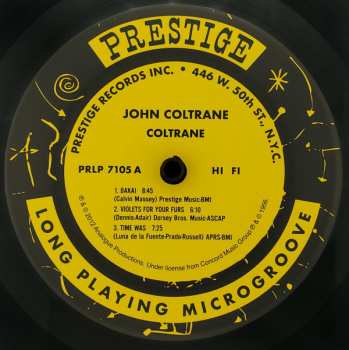
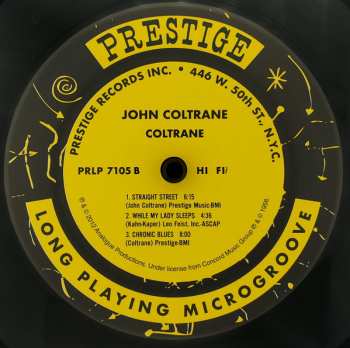








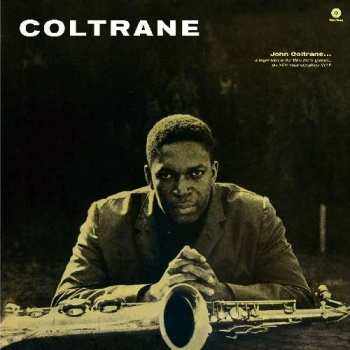
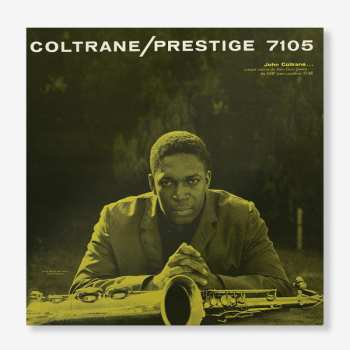
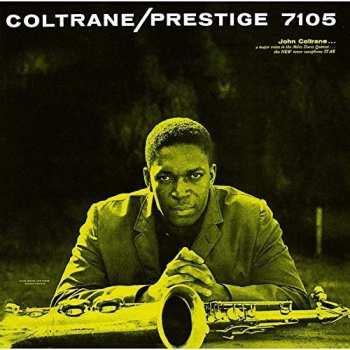
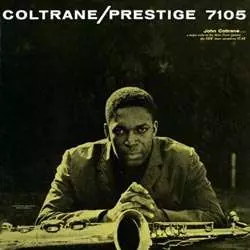
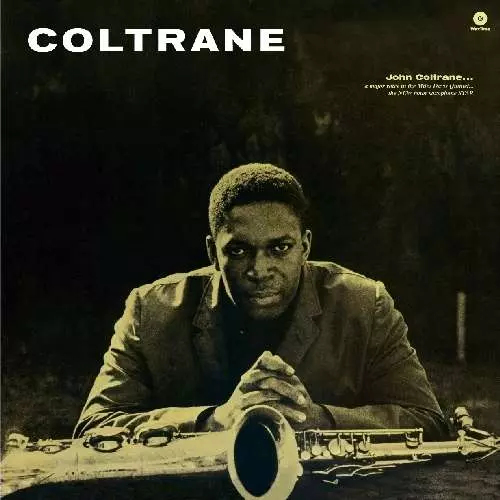
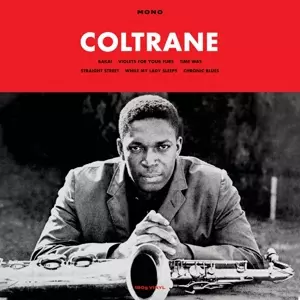
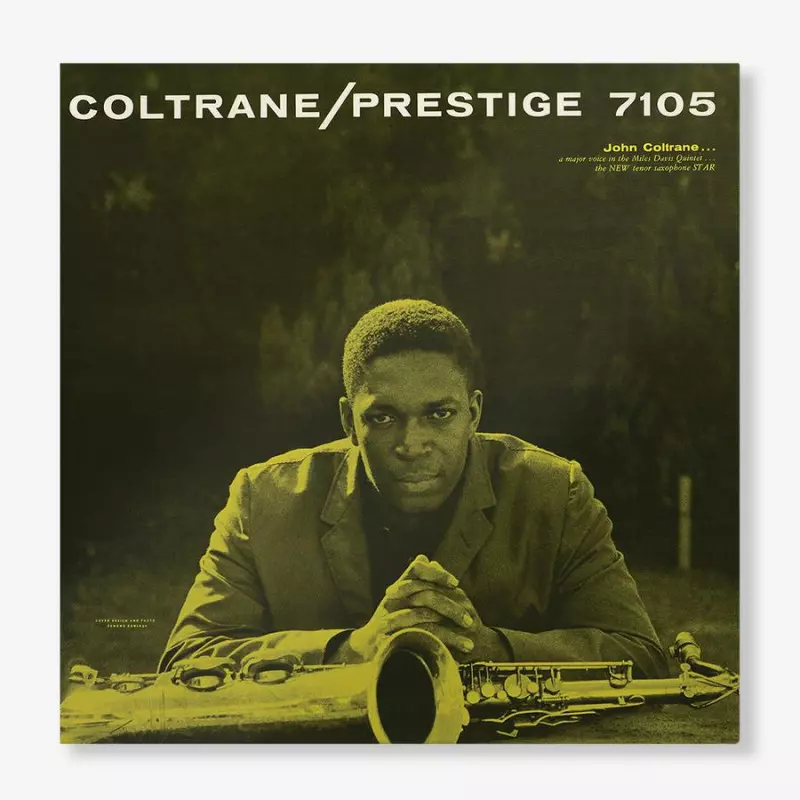
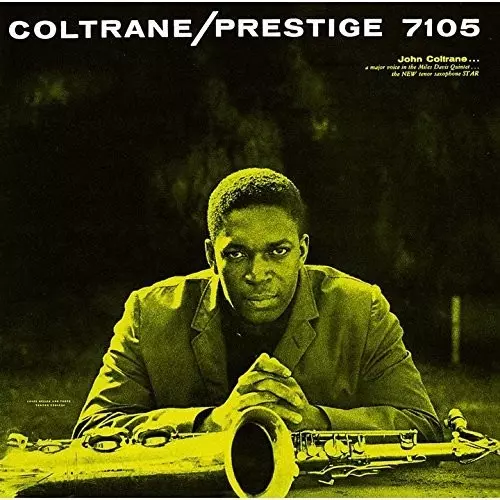




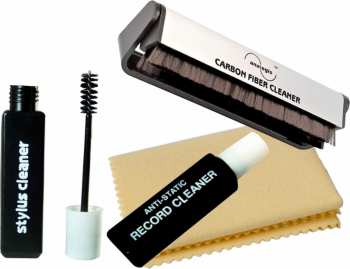

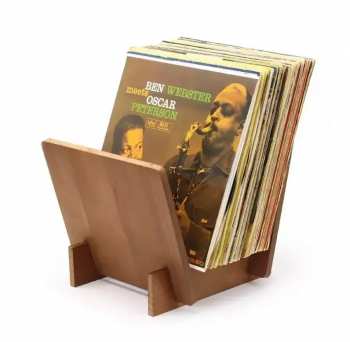
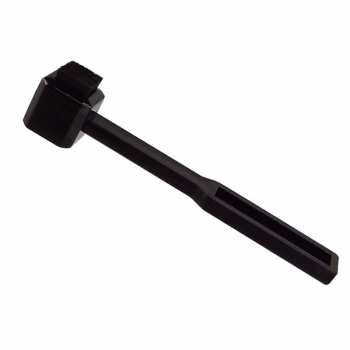



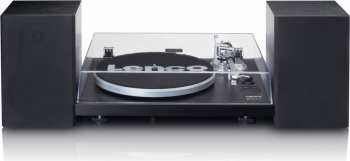
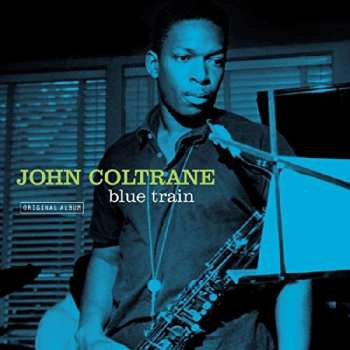
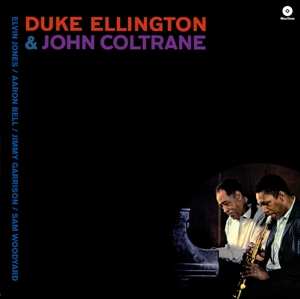

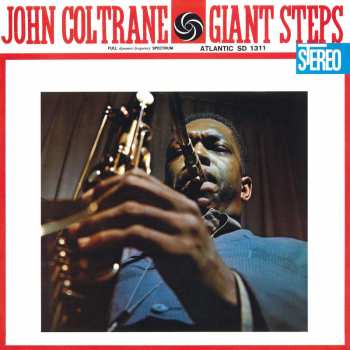
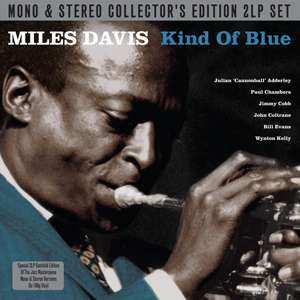
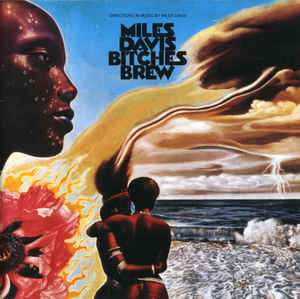
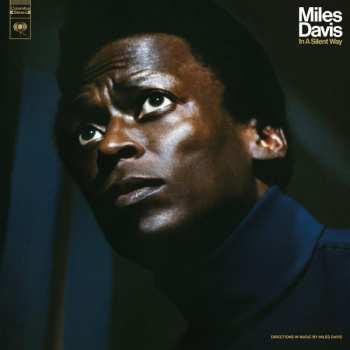

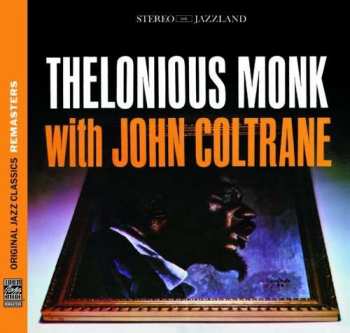
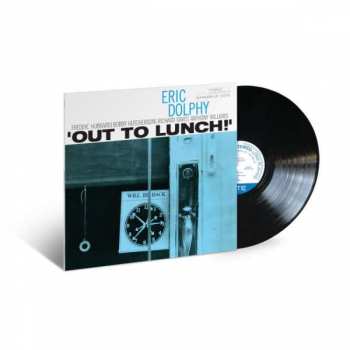
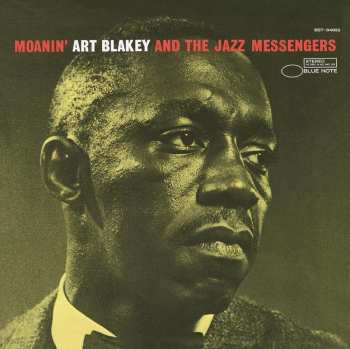
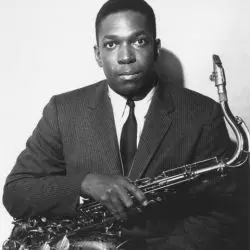
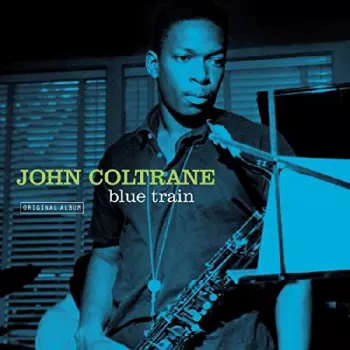

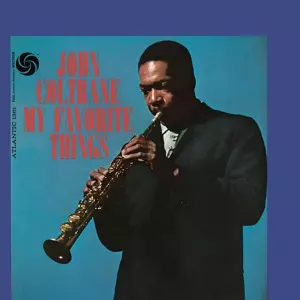
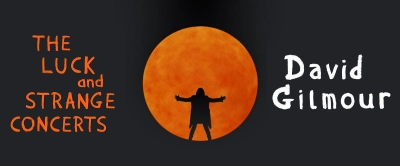

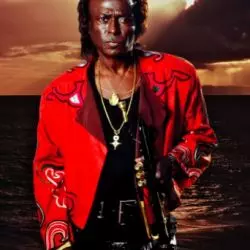 Miles Davis
Miles Davis
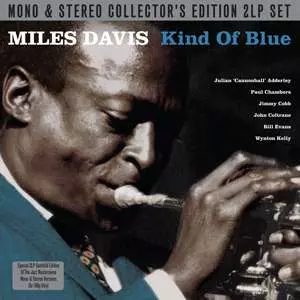
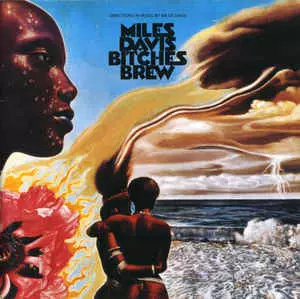
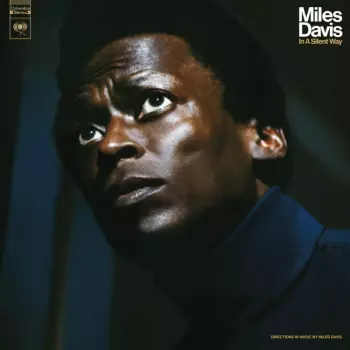
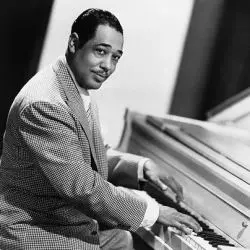 Duke Ellington
Duke Ellington
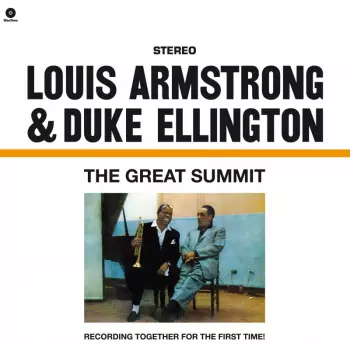
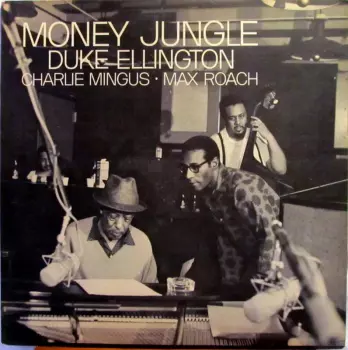
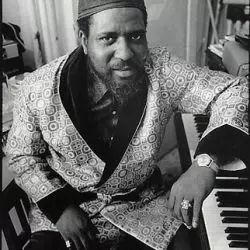 Thelonious Monk
Thelonious Monk
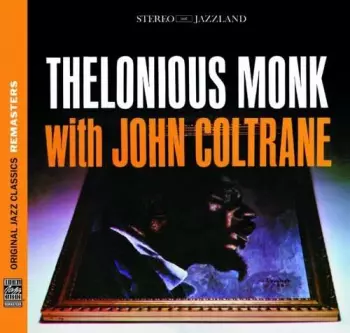
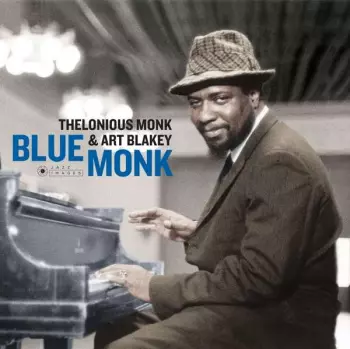
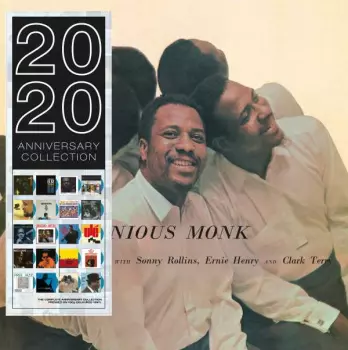
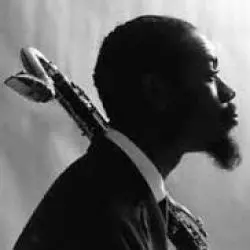 Eric Dolphy
Eric Dolphy
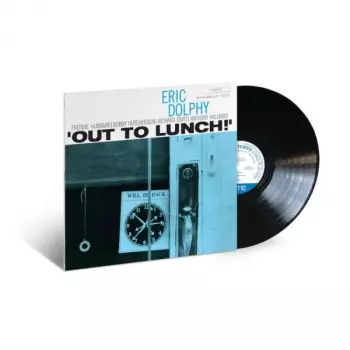
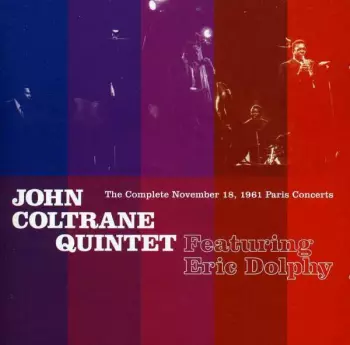
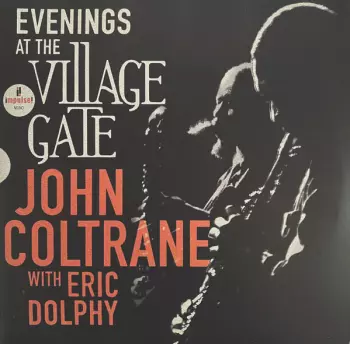
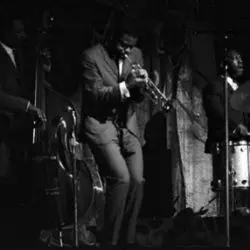 Art Blakey & The Jazz Messengers
Art Blakey & The Jazz Messengers
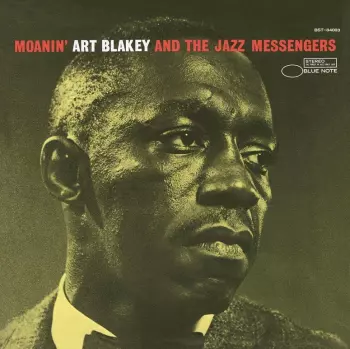
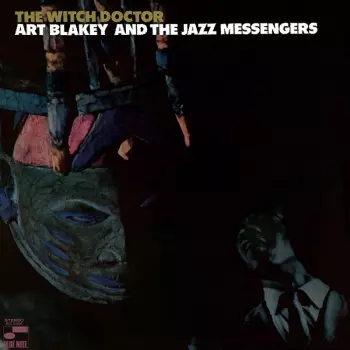
 Kenny Burrell
Kenny Burrell
